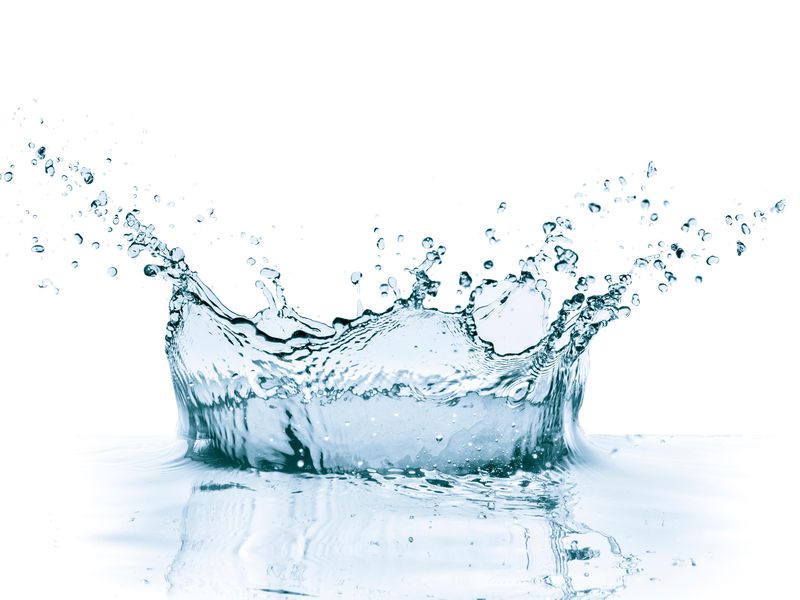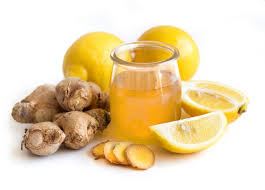Many people underestimate drinking water, but keeping the body hydrated has an important impact on overall health. Still, regardless of how vital water is, a critical number of people neglect to consume recommended levels of liquids every day. On the other hand, less people know the difference between the various types of water. And everyone can get confused easily about which types of water are really good for their health.
Here is information about 4 common types of water people are drinking these days.
1. Tap water

It’s easy to find, convenient and it comes right out of your kitchen faucet. The quality of the water can vary based on whether it comes from a large public water system that is regulated, or a small community system/small private well in your backyard—which are not regulated. If your water system isn’t regulated, you should make sure your water is safe for drinking. Tap water can include a host of pollutants that increase your risk of serious health problems.
Using water filters for your faucet water can be a perfect way to get rid of contaminants and access to clean water.
2. Spring water

Spring water has been filtered by the earth, which works better than any invented means of purifying water. So try to make spring water most of the water you drink. Another benefit is that it contains a wide assortment of minerals that the human body urgently needs. Drink spring water from remote places on earth – it will be purer.
Keep in mind that bottled spring water may be just as polluted as some sources of tap water, if not more, with the additional toxins that leach from plastic bottles.
3. Distilled water

Distilled water has gone through a rigorous filtration procedure to strip it of contaminants, as well as any natural minerals. When water is distilled, by boiling it and condensing it, all solid matter is left, with the exception of the chemicals that were in the water.
While it’s obviously good to eliminate the contaminants in your diet, there are potential health concerns that come from removing the minerals from water. Distilled water can negatively influence water and mineral metabolism in the body by increasing urination and eliminating of sodium, potassium, calcium, chloride, and magnesium ions.
4. Electrolyte water

Electrolytes are required by the body to keep fluid in balance, and are found in foods and drinks naturally. There is no real evidence of there being a benefit to adding electrolytes to a hydrating formula. Some bottled water companies purify the water first and then add electrolytes. The amount of electrolytes added back to the water are not considered significant. Also, some of these drinks can contain sugar or sodium.
While there is no perfect water decision, you can amplify the well-being and health advantages of the water you drink by ensuring it is as clean as possible.





 The second step to get out from depression is the famous “shopping therapy”. But here is the catch. You must go shopping alone. You don’t need anybody else. You’ll have enough time to look at these shops which you’re fond of. Put on something you have never done before. Try what you want and enjoy the time spend with yourself. This step helps you find yourself and more importantly – to like yourself.
The second step to get out from depression is the famous “shopping therapy”. But here is the catch. You must go shopping alone. You don’t need anybody else. You’ll have enough time to look at these shops which you’re fond of. Put on something you have never done before. Try what you want and enjoy the time spend with yourself. This step helps you find yourself and more importantly – to like yourself. The third rule is to dance like no one’s watching you. Of course you have to do this alone at home. Dancing helps the body to produce endorphins, also called hormone of happiness. Moving your body will increase positive energy and makes you willing to life. We all need to move, that’s why sport helps us to have
The third rule is to dance like no one’s watching you. Of course you have to do this alone at home. Dancing helps the body to produce endorphins, also called hormone of happiness. Moving your body will increase positive energy and makes you willing to life. We all need to move, that’s why sport helps us to have

 Don’t get cold anymore
Don’t get cold anymore Enjoy your 10 minutes exercise
Enjoy your 10 minutes exercise
